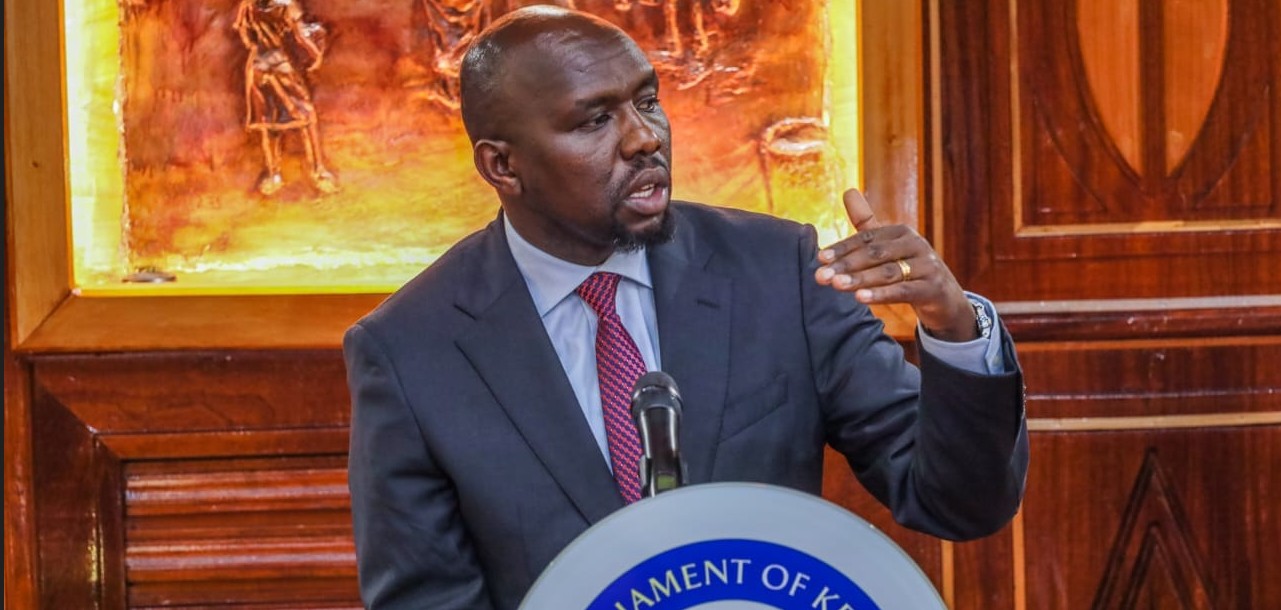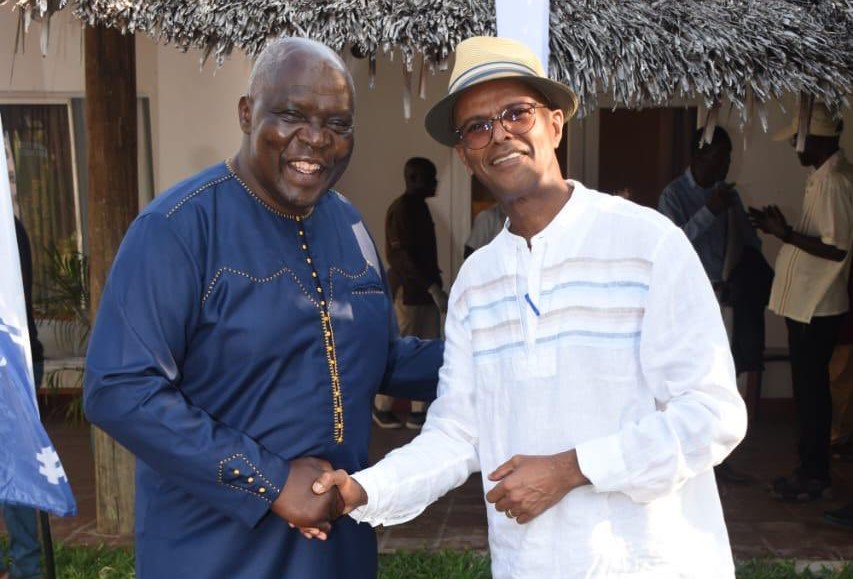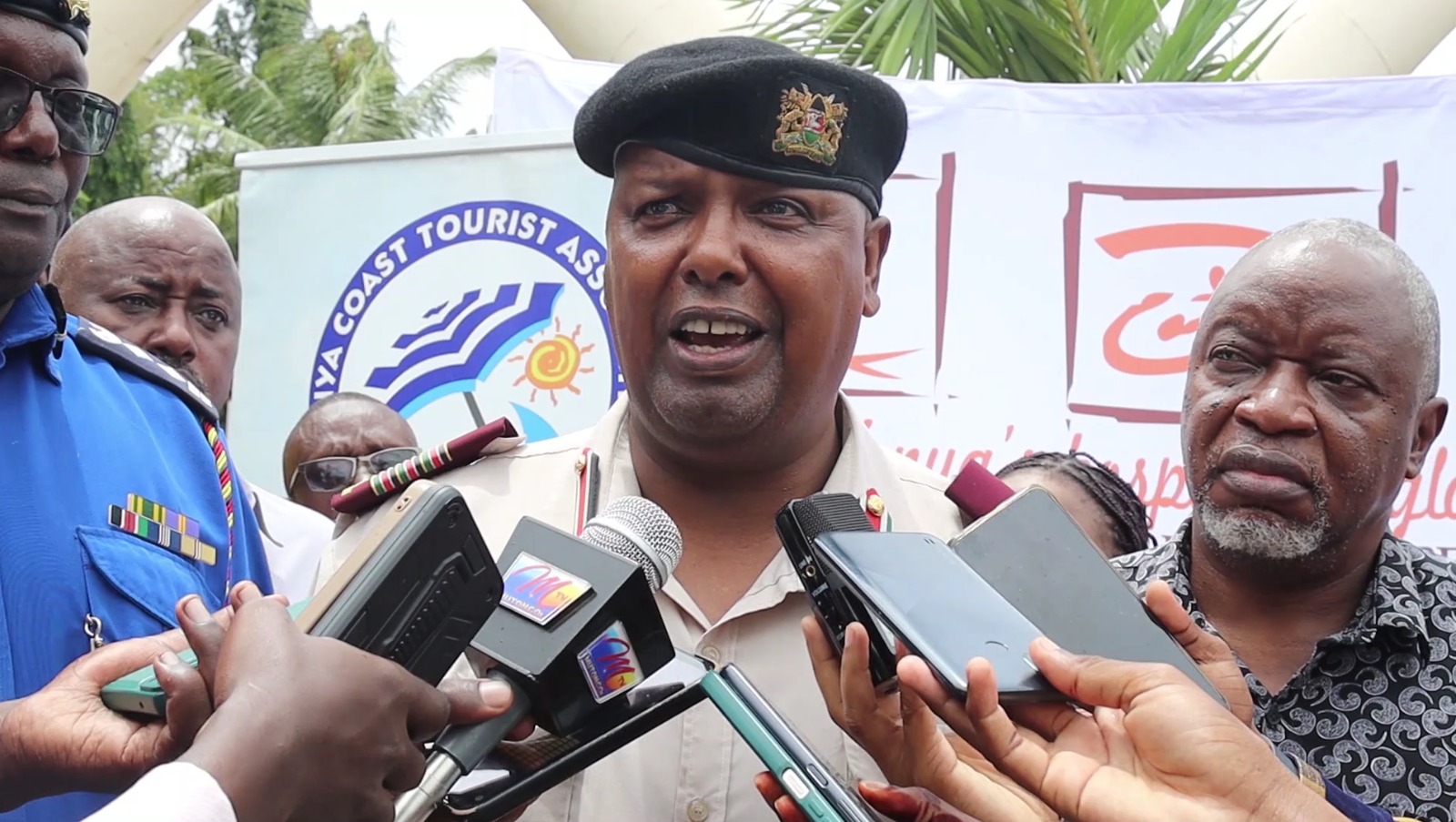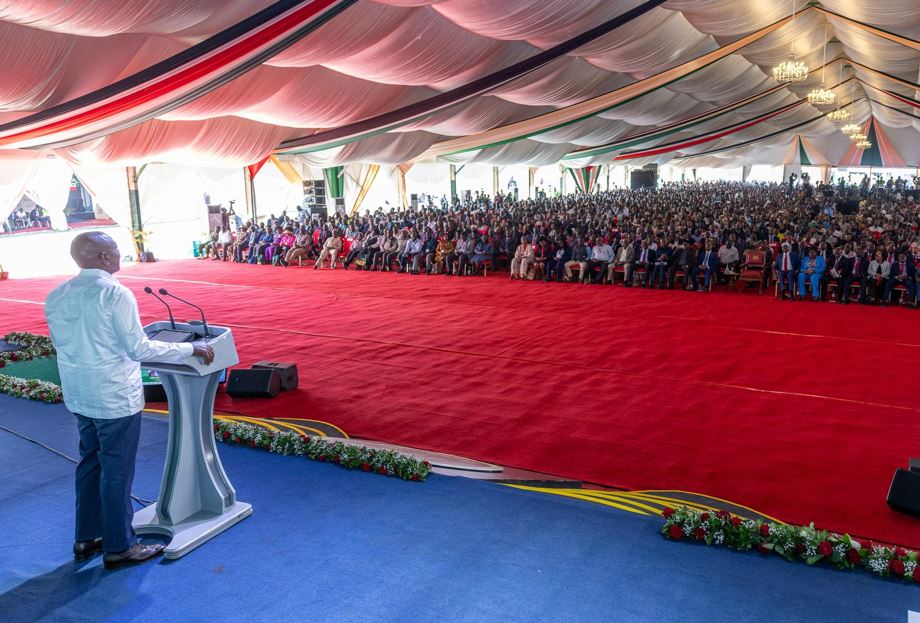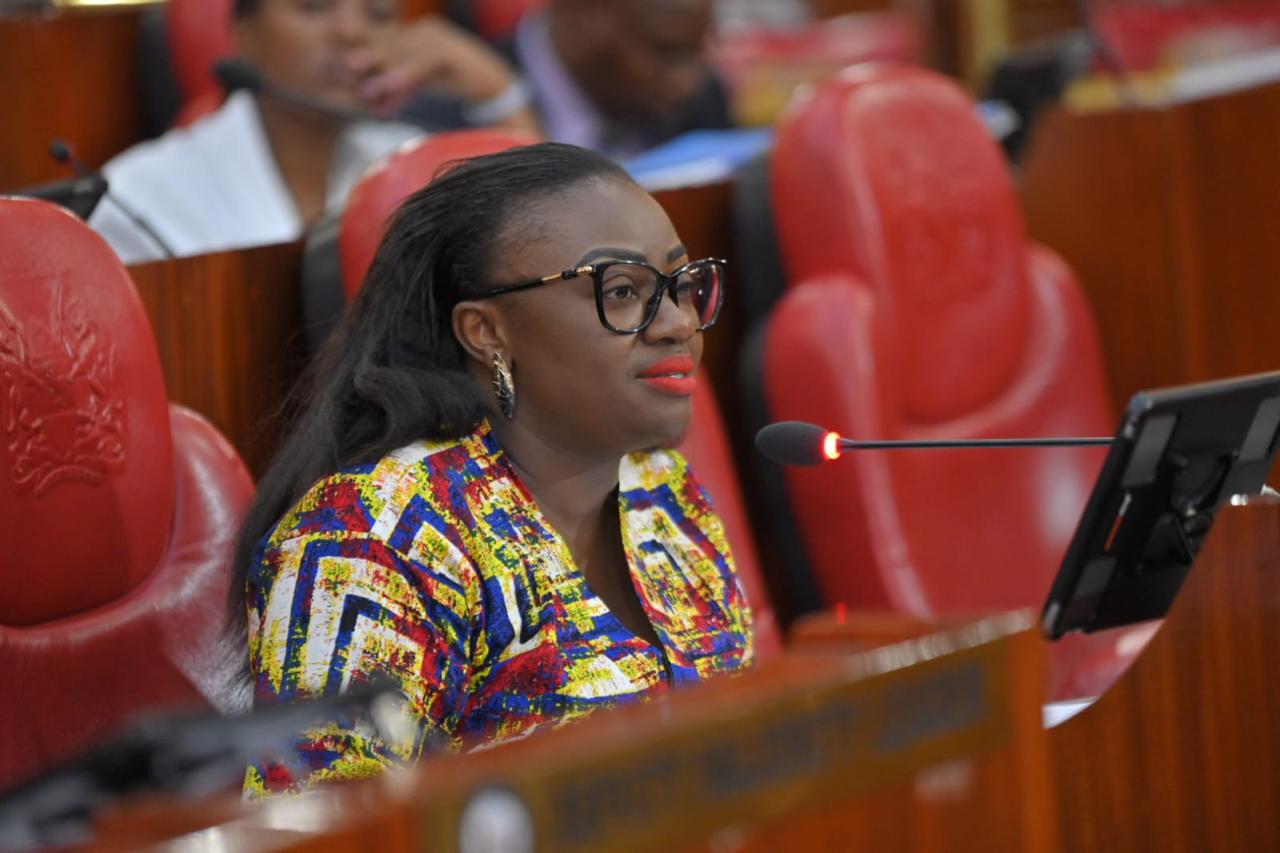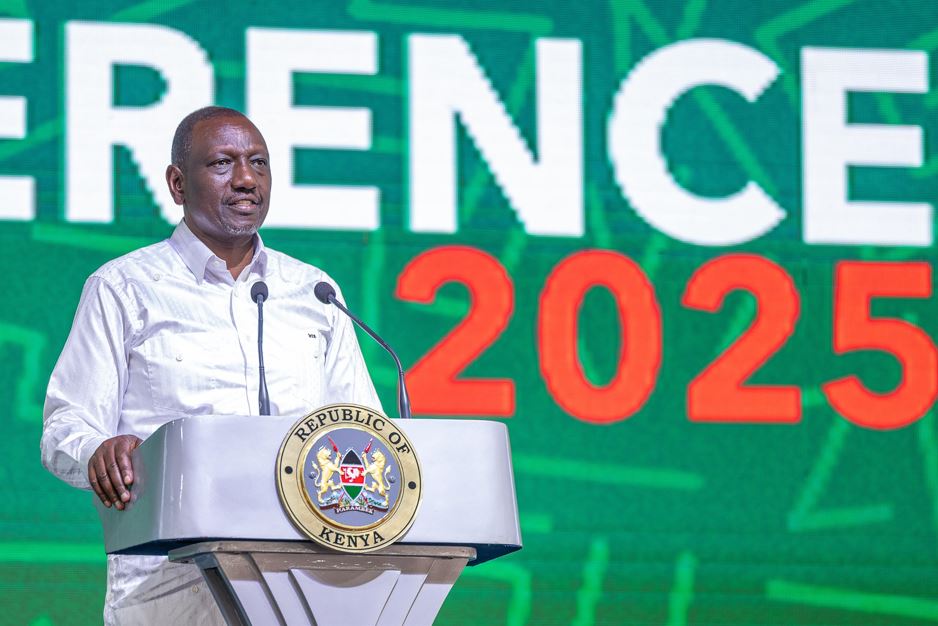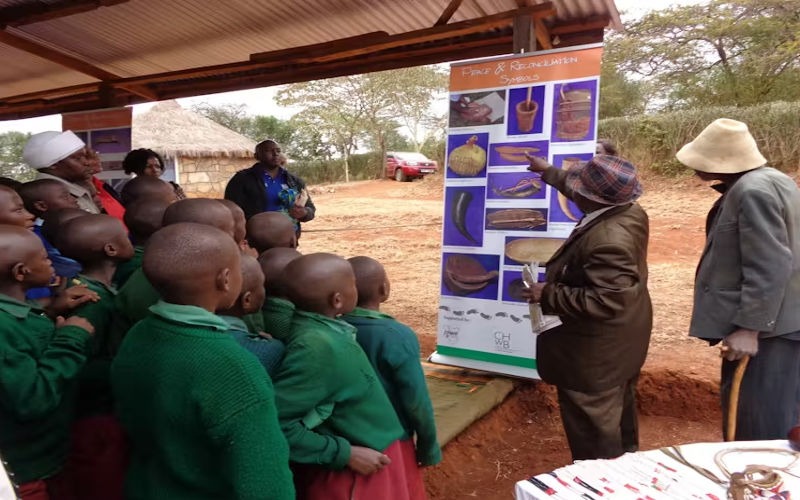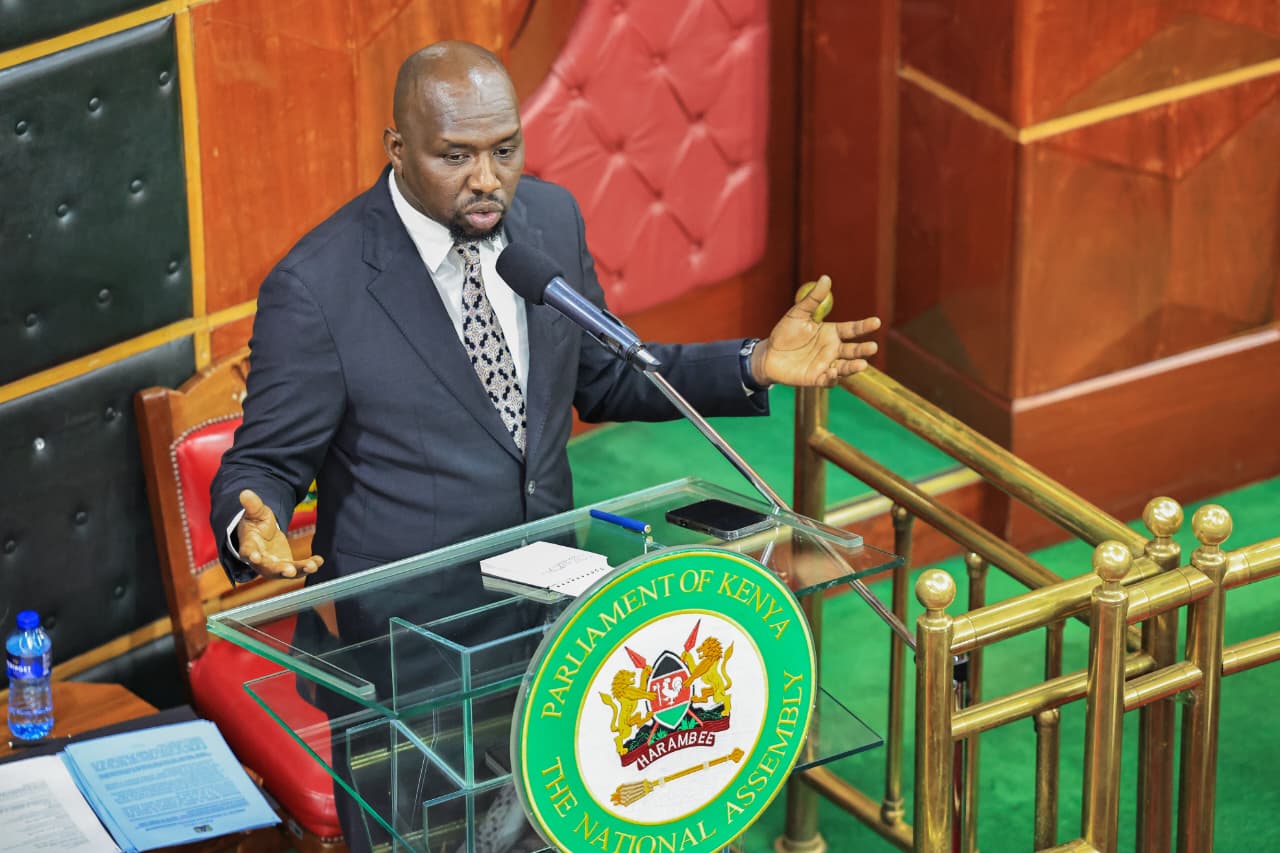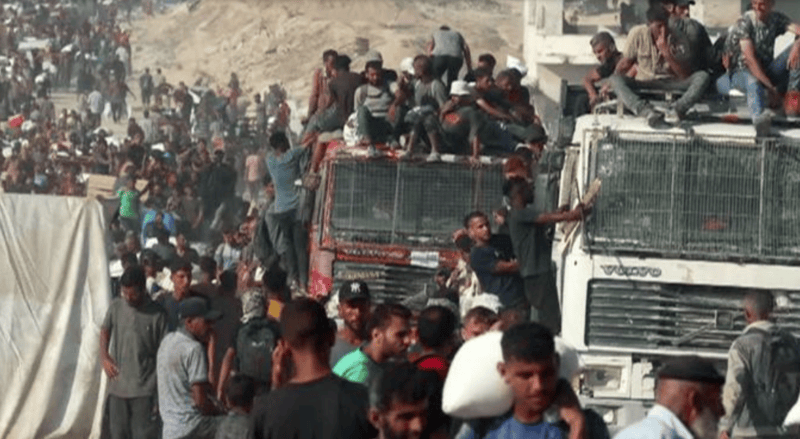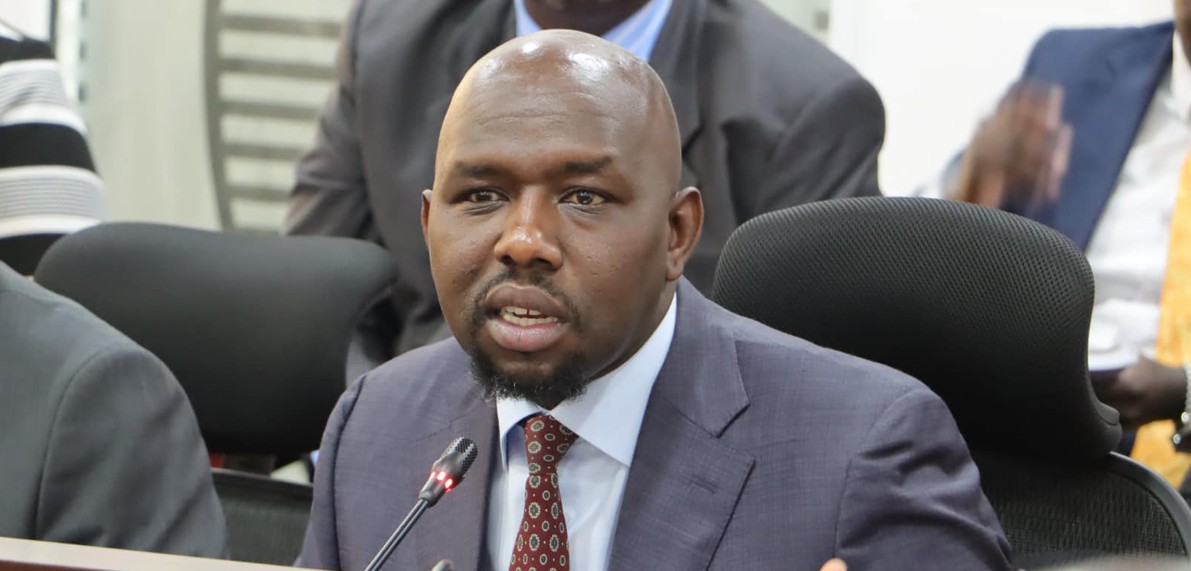KNCHR: Killings, disappearances and arbitrary arrests of rights defenders on the rise in Kenya
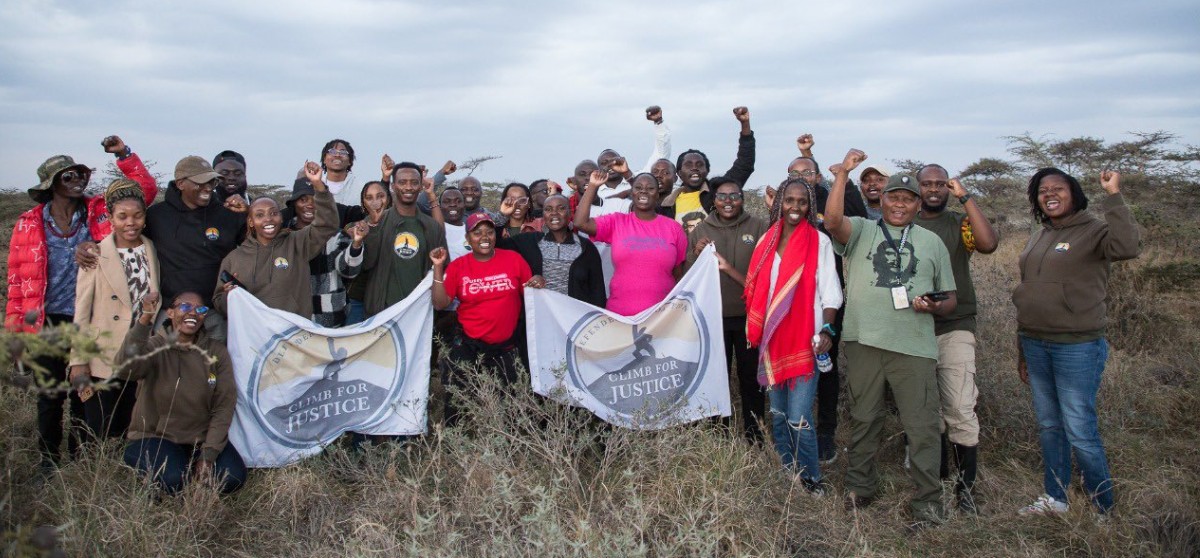
Kenya scored only 36 per cent in the general framework for protecting human rights defenders, with KNCHR citing the absence of a specific protection law, delays in reporting to UN human rights bodies, and a lack of human rights education in schools and military training.
At least seven killings, two enforced disappearances, and 132 arbitrary detentions of human rights defenders (HRDs) were recorded in Kenya between 2020 and 2022, according to a new report by the Kenya National Commission on Human Rights (KNCHR). The findings warn of increasing threats to HRDs despite existing legal safeguards.
The report, "Defending the Defenders: An Assessment of the Protection of Human Rights Defenders in Kenya", was launched on Wednesday in Nairobi. It shows that four HRDs were killed in 2021 and three in 2022, while two enforced disappearances occurred in 2020. Arbitrary detentions peaked in 2020 with 96 cases, followed by 36 in 2021. No kidnappings or torture cases were documented over the three years.
More To Read
- Duncan Ojwang declines Ruto's nomination for KNCHR chair position, vetting suspended
- Katiba Institute, KHRC sue to block Ruto’s KNCHR nominee over gender rule breach
- Ruto nominates Duncan Ojwang’ to chair Kenya Human Rights Commission
- Don’t bury before autopsies- rights groups say, as they demand speedy, transparent probe
- KNCHR proposes new 2025 rules to fast-track human rights complaints and investigations
- Interior CS Kipchumba Murkomen reveals June-July protests left 42 dead, 600 injured
Kenya scored only 36 per cent in the general framework for protecting HRDs, with KNCHR citing the absence of a specific protection law, delays in reporting to UN human rights bodies, and a lack of human rights education in schools and military training.
Freedom of opinion and expression scored 72 per cent, aided by constitutional guarantees and the Access to Information Act, though most censorship cases saw no legal action.
Freedom of association
Freedom of assembly and association averaged 51 per cent, undermined by police misuse of the Public Order Act, while the right to participate in public affairs scored 75 per cent. On liberty and security, Kenya scored 68 per cent—reflecting strong legal safeguards but weak investigations and convictions in police misconduct cases.
The report flagged a sharp increase in police misconduct against HRDs. Cases dropped from five in 2020 to three in 2021, but alarmingly spiked to 23 in 2022.
This sharp increase signals growing concerns over the safety of HRDs and highlights gaps in accountability and protection mechanisms within law enforcement,” it reads.
While KNCHR noted some improvement in the safety environment for HRDs, it cautioned that this could be due to “gaps in monitoring, documentation and registration of cases” rather than a genuine drop in violations.
Persistent mistrust
It warned that state protection for HRDs is “under threat,” pointing to persistent mistrust between defenders and government agencies.
The commission commended Kenya’s relatively peaceful 2022 elections and strong performance in access to information and public participation, but said structural gaps remain in laws protecting defenders and in safeguarding peaceful assembly. It also pointed to an education gap that undermines long-term respect for HRDs.
“Security sector training is uneven, programmes are uncoordinated, and there is a lack of consistent evaluation of human rights training for non-commissioned military personnel. Limited focus on vulnerable groups, juveniles, women, migrants, refugees, minorities, indigenous peoples, and persons with disabilities,” the report reads.
Despite constitutional protections, KNCHR said HRDs and journalists still face judicial harassment, digital repression, and weak redress mechanisms. It raised concerns over rising cases of extrajudicial killings, abductions, excessive police force, arbitrary arrests, and shrinking civic space.
The assessment drew data from KNCHR’s complaints system, the Office of the High Commissioner for Human Rights (OHCHR), Defenders Coalition, the National Police Service, the National Crime Research Centre, the Independent Policing Oversight Authority (IPOA), Social Justice Centres Working Group, and the Media Council of Kenya.
It also reviewed Kenya’s compliance with international human rights standards, treaty obligations, and both state and non-state reports.
Partners in the review included government agencies such as the Kenya National Bureau of Statistics and civil society groups like Haki Africa, Muslims for Human Rights, and the Kenya Correspondents Association.
Ratify treaties
KNCHR has now recommended that Kenya ratify several treaties, including the International Convention for the Protection of All Persons from Enforced Disappearance, and operationalise the National Coroners Service Act, 2017.
It urged Parliament to amend the Public Order Act and the Community Groups Registration Act, pass public participation legislation, and create a national HRD protection policy.
Other proposals include revising security training curricula to better address the rights of vulnerable groups, prosecuting all cases of law enforcement misconduct, and implementing the African Court’s decision on the Ogiek case.
The commission stressed the need for stronger collaboration between government agencies, civil society, and communities to create “a safe and enabling environment” for defenders of human rights.
Top Stories Today
